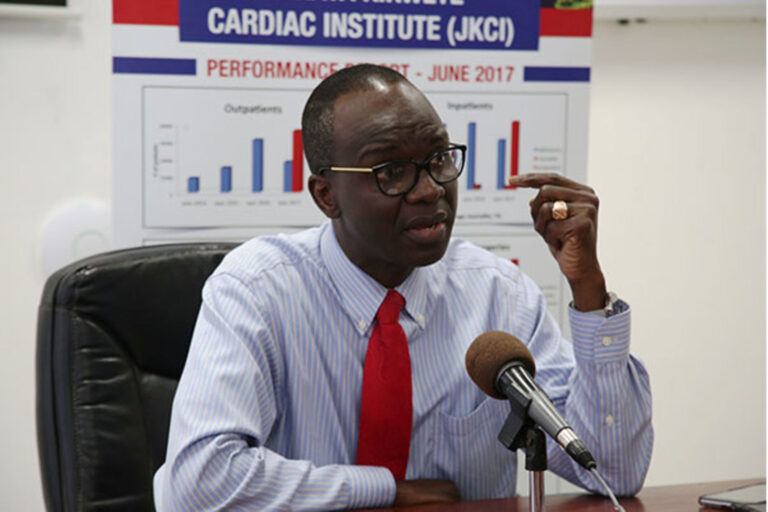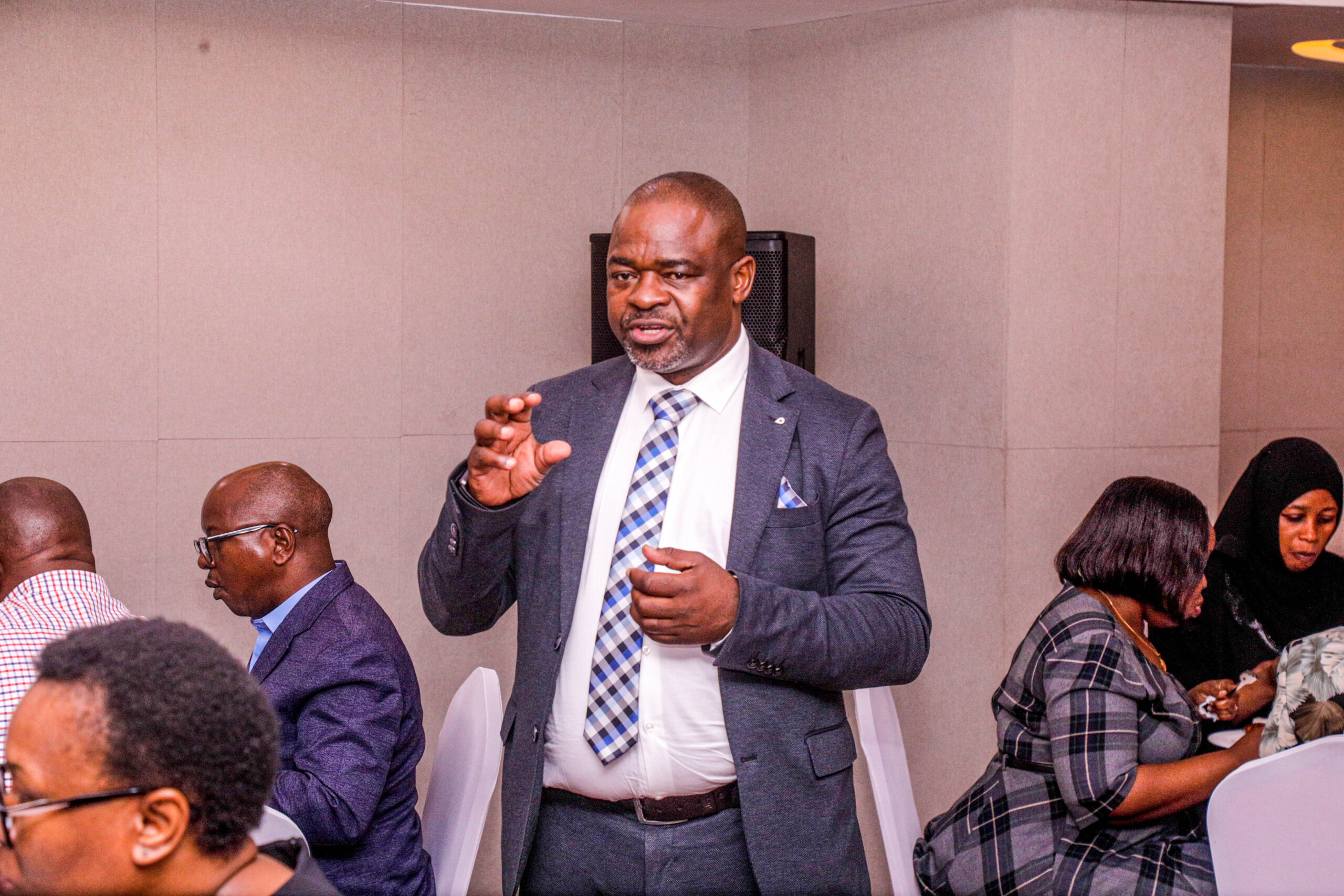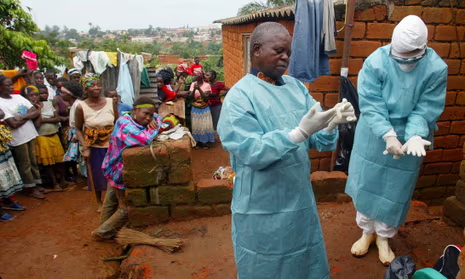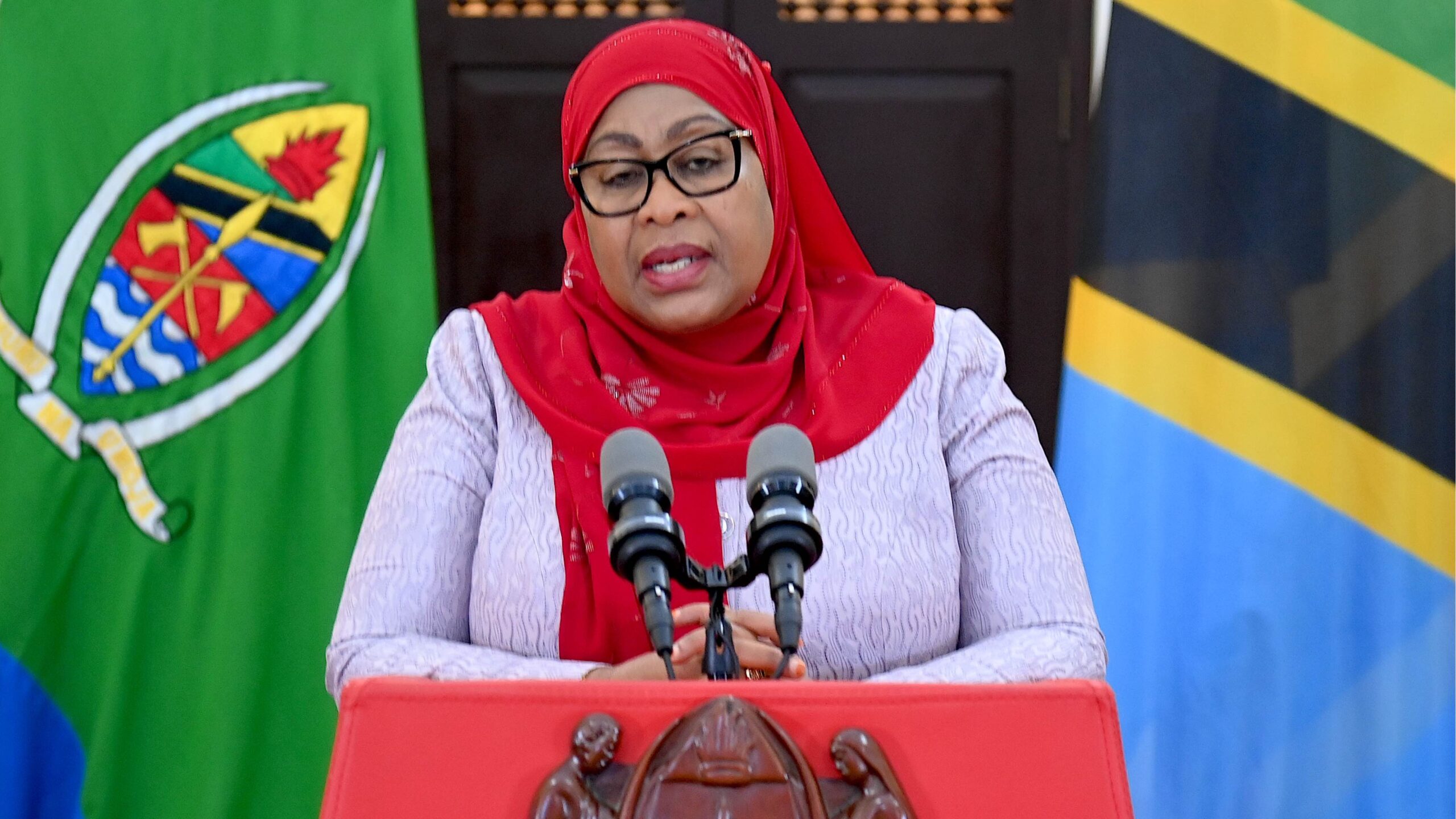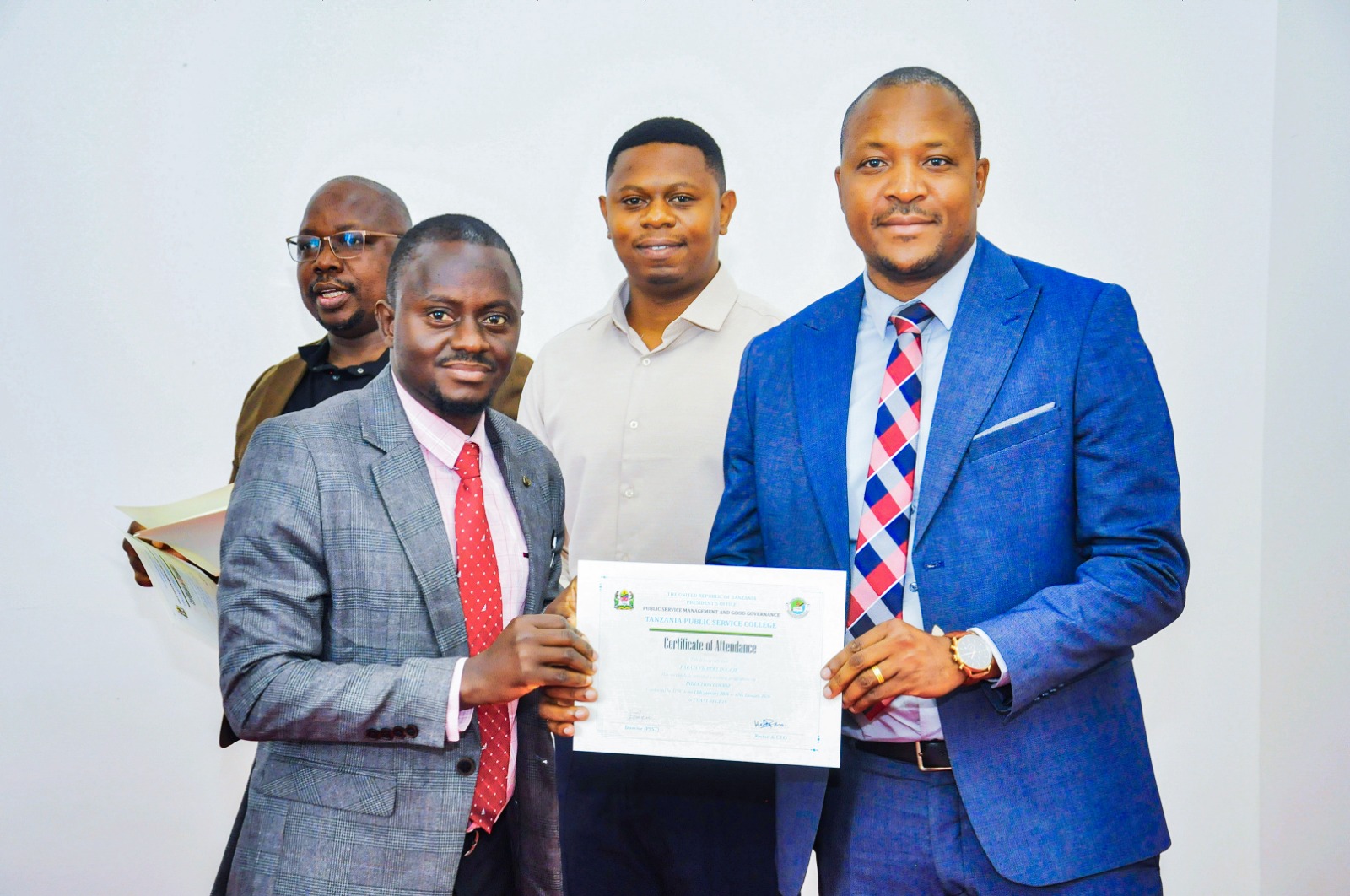Dar es Salaam. Five candidates are vying for the position of Regional Director for the World Health Organization’s (WHO) African Region, each bringing unique strengths and experiences that could significantly shape public health initiatives across the continent.
The candidates are Prof Mohamed Yakub Janabi from Tanzania, Dr. N’da Konan Michel Yao from Côte d’Ivoire, Dr. Dramé Mohammed Lamine from Guinea, Dr. Boureima Hama Sambo from Niger, and Prof Mijiyawa Moustafa from Togo, creating a highly competitive landscape for the position.
This election follows the unexpected passing of Dr Faustine Ndugulile, a Tanzanian who had been elected as the WHO Regional Director for Africa and was set to assume the role in February 2025.
His untimely death in November 2024 has led to the current election for the position.
The candidates were officially announced on March 14, 2025, by WHO Director-General Dr Tedros Adhanom Ghebreyesus to the relevant Member States.
The new Regional Director will replace Botswana’s Dr Matshidiso Moeti, who has served two terms and is not eligible for re-election.
Dr Moeti has overseen WHO’s operations through significant challenges, including Ebola outbreaks and the COVID-19 pandemic.
Candidate overview
Prof Janabi (Tanzania)
Currently serving as a Senior Advisor on health matters to President Samia Suluhu Hassan, Prof Janabi plays a significant role in shaping Tanzania’s healthcare sector.
Also as the Executive Director of Muhimbili National Hospital, he leads initiatives at the Tanzania’s largest hospital with 4,000 staff, serving as a national referral center supporting over 8,000 primary and secondary health facilities.
His previous position as Executive Director of the Jakaya Kikwete Cardiac Institute focused on enhancing access to cardiovascular care.
His experience as Chief Health Advisor to former President Jakaya Kikwete provides him with insights into health policy and strategic planning.
Dr Yao (Côte d’Ivoire)
Dr Yao has over 27 years of experience, including 20 years at WHO, with expertise in public health, humanitarian response, and health system management.
He has served as the WHO Director of Strategic Health Operations since August 17, 2020, where he has led responses to health emergencies across Africa.
His background includes significant contributions to health system management and policy development.
Dr Lamine (Guinea)
Dr Lamine is an experienced professional in public health and health system management.
Currently, he serves as an Independent International Consultant and Managing Director of ‘SUCCESS IN AFRICA,’ where he provides technical services to African governments and their development partners.
He is also the President of the NGO ‘GUINÉE SUCCESS.’
Dr Sambo (Niger)
Dr Sambo is currently the WHO Representative to the Democratic Republic of the Congo, where he leads health and humanitarian efforts.
His previous role as WHO Representative to Ethiopia involved supporting the national COVID-19 response and enhancing institutional capacity.
His past positions include Director of Climate and Other Determinants of Health at WHO HQ in Geneva, focusing on environmental health initiatives.
Prof Moustafa (Togo)
Prof Moustafa served as the Minister for Health and Public Hygiene in Togo from June 2015 to August 2024, implementing significant health reforms.
He has an extensive academic and clinical background, including his role as Head of the Rheumatology Unit at Sylvanus Olympio Teaching Hospital and as a Professor of Rheumatology at the University of Lomé.
The selection process
The election process is being expedited, requiring the suspension of Rule 52, which typically mandates a minimum of six months for nominations.
The final decision is expected in May during a special session of the Regional Committee for Africa.
If all goes according to plan, a new Regional Director could be appointed by June 1, pending formal approval from the WHO Executive Board in February 2026.
The role of WHO Regional Director for Africa is crucial in guiding public health efforts across the continent, particularly in response to disease outbreaks and strengthening health systems.
As the candidates prepare for this critical appointment, the competition remains intense, with each bringing unique strengths and experiences to the table.

